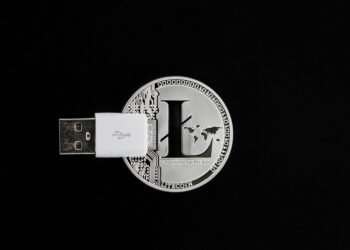Tokenization is a revolutionary concept that is transforming the financial markets by enhancing accessibility and liquidity for investors worldwide. By tokenizing assets, such as real estate, stocks, commodities, and even art, these assets can be split into digital tokens that can be bought, sold, and traded on blockchain platforms.
One of the key benefits of tokenization is greater accessibility to traditional investments that were previously only available to high-net-worth individuals or institutional investors. By fractionalizing assets into tokens, retail investors can now invest in assets that were once out of reach, such as prime real estate in major cities or shares of a private company.
Tokenization also creates a more liquid market for these assets, as tokens can be traded 24/7 on decentralized exchanges without the need for intermediaries. This allows investors to buy and sell their tokens quickly and easily, providing them with greater flexibility and control over their investments.
Furthermore, tokenization allows for the automation of compliance and regulatory requirements, reducing the administrative burden for issuers and investors. Smart contracts can be programmed to ensure that tokens comply with legal and regulatory standards, making the entire process more efficient and transparent.
Additionally, tokenization can increase market efficiency by eliminating the need for multiple intermediaries, such as brokers, clearinghouses, and custodians. By streamlining the investment process, tokenization reduces costs and accelerates transactions, leading to a more efficient and accessible financial system.
Overall, tokenization is revolutionizing the financial markets by democratizing access to investments and increasing liquidity for investors. As more assets are tokenized and traded on blockchain platforms, the financial landscape will become more inclusive, transparent, and efficient for all participants.








